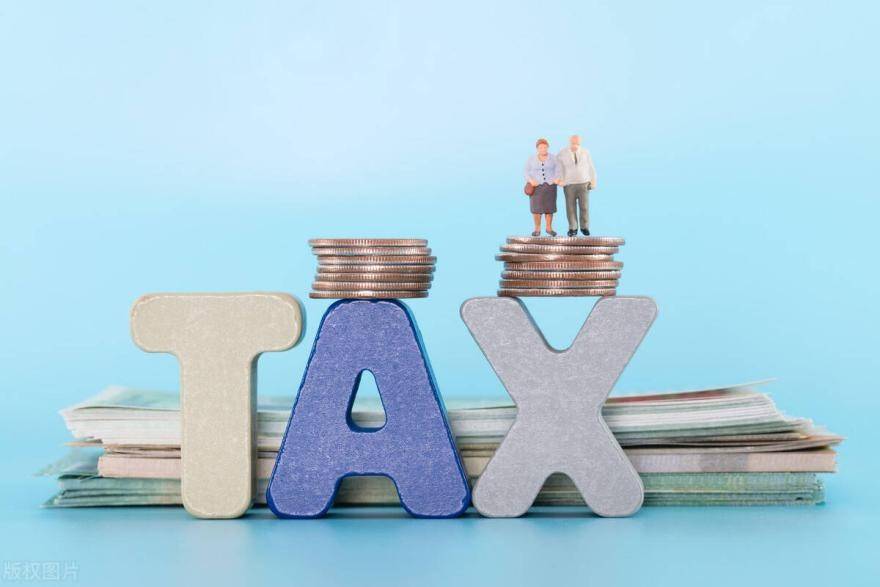The intricate relationship between politics and stock market performance is a subject of perennial interest and relevance in the financial world. Political decisions can have profound impacts on market confidence, regulatory landscapes, and economic forecasts, all of which are crucial for investment strategies. This article explores how political dynamics currently influence stock markets and what future trends may emerge from this complex interplay.

Current Political Influences on Stock Markets
Regulatory Changes: Governments often implement policies that can significantly affect industries and, by extension, the markets. For instance, changes in environmental regulations can impact energy stocks, while shifts in healthcare policy can sway pharmaceutical and insurance sectors. Investors need to stay informed about potential legislative changes as they can dramatically alter market landscapes.
Political Stability: The stability of a government can influence investor confidence and market performance. Stable political environments tend to attract investment, driving up stock prices, whereas political turmoil can lead to market volatility as investors pull back due to increased uncertainty.

Examples of Political Impact
U.S. Elections: The U.S. stock market often reacts to election cycles, with investors trying to predict which industries will flourish under potential new leadership. For instance, defense stocks might rally on the election of a president who advocates for increased military spending.
Brexit: The UK’s decision to leave the EU led to significant volatility in European markets, affecting not only British companies but also those in the EU whose businesses are intertwined with the UK.
Future Predictions for Politics and Stock Markets
Increased Globalization: As economies become more interconnected, the political events in one nation can increasingly affect the stock markets globally. For example, a trade war initiated by a major economy like the United States can cause disruptions in global supply chains, impacting international stock markets.

Rise of Political Populism: The rise of populism in various parts of the world can lead to unpredictable government actions, which may increase market volatility. Investors will need to navigate these waters carefully, potentially adjusting their strategies to mitigate risks associated with political upheavals.
Technological and Environmental Policies: Future political agendas will likely focus heavily on technology and the environment. Policies promoting green energy could propel related sectors, while crackdowns on data privacy could challenge tech companies.
Strategies for Investors
Given the significant impact politics can have on stock markets, investors should consider the following strategies:
Diversification: Spreading investments across geographies and sectors can reduce risk associated with any single political event.
Dynamic Asset Allocation: Adjusting investment portfolios in response to changing political landscapes can help manage risk and capitalize on opportunities.
Staying Informed: Keeping abreast of political developments and understanding their potential impacts on different sectors is crucial for timely decision-making.
In conclusion, the intersection of politics and stock market performance is a dynamic arena where informed analysis and strategic flexibility can greatly benefit financial outcomes. As the global political climate evolves, savvy investors will continue to adjust their strategies to navigate the complexities of how political events shape market trends.





